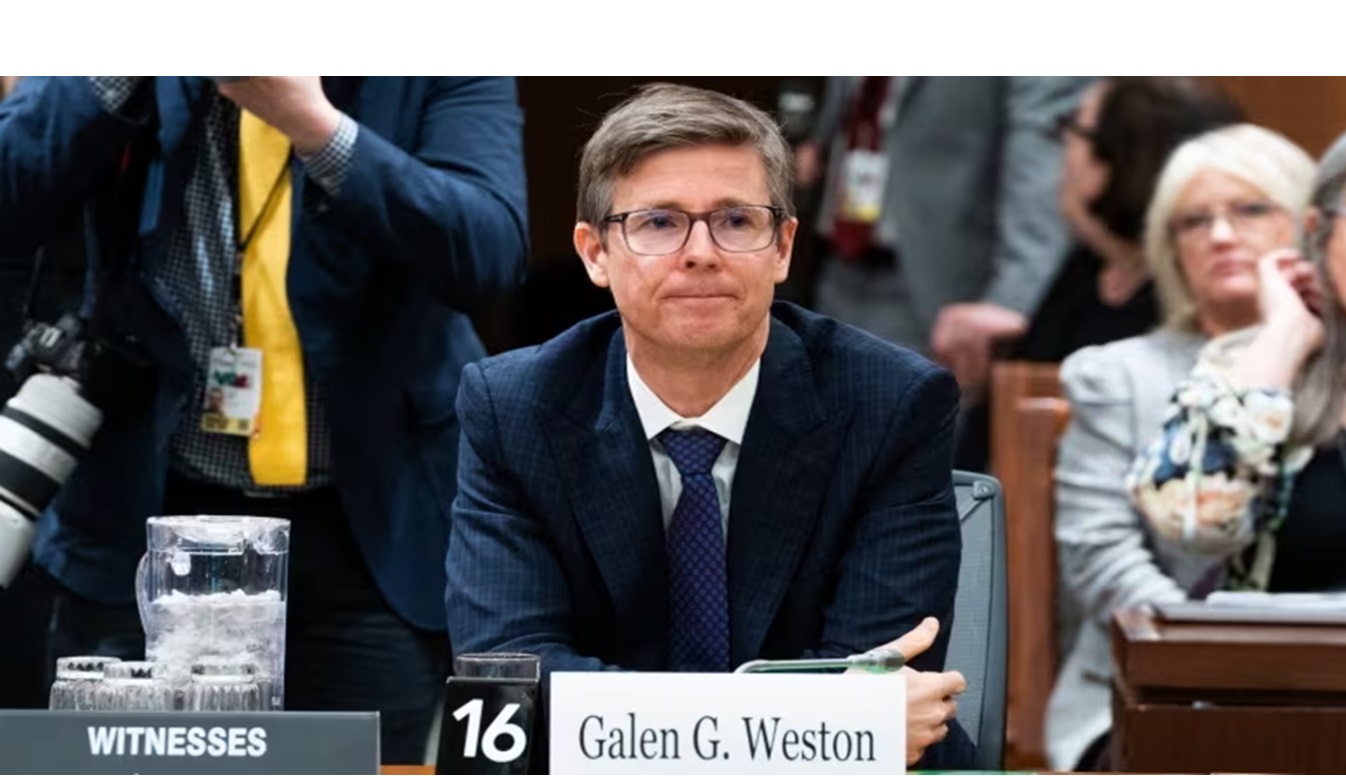
Galen Weston, the CEO of Loblaw, states that the grocery code of conduct will result in increased food prices for consumers, contrary to reducing costs.
The head of Canada's largest grocery chain, Galen Weston, has expressed concerns about the potential impact of the impending grocery code of conduct, asserting that it could result in higher prices for consumers rather than lower ones. Weston, who is the executive chairman of the Loblaws group of companies, conveyed his views during a House of Commons agriculture committee meeting focused on stabilizing food prices.
At the meeting, Weston emphasized that his company and the industry as a whole have been unfairly singled out for food price inflation. He stated that Loblaws has actively engaged in discussions with the government on the topic of food prices and has significantly reduced prices on staple items, constituting about 10% of its chain-wide sales.
While parliamentarians questioned Weston and Walmart Canada CEO Gonzalo Gebara on grocery prices, the discussion frequently revolved around the grocery code of conduct—a draft proposal aimed at establishing ground rules for the interaction between retail chains and their suppliers. While some food retailers and manufacturers have expressed support for the code, Loblaws and Walmart have been more reserved.
Weston outlined specific concerns within the proposed code, including a dispute resolution mechanism that grants control to an external third party. He also raised issues with sections regarding written contracts, charges for various services, and fees for rejected orders. Despite acknowledging that Loblaws would adhere to an officially enacted code, Weston asserted that the current draft would not contribute to lowering grocery prices.
Walmart's Gebara echoed similar sentiments, emphasizing the need for the code to include provisions that enable them to offer low prices to customers. Both retailers expressed reservations about the current state of the code and its potential to fulfill its intended purpose.
Other food retailers, such as Metro and Sobey's, have publicly supported the code, with Sobeys head Michael Medline stating that his company has actively backed its implementation for over three years. Medline dismissed concerns that the code would lead to higher prices or reduced choices for consumers.
Gary Sands, vice-president of the Canadian Federation of Independent Grocers, argued before the committee that the code is essential to level the playing field between major players like Loblaws and smaller grocers, who lack the leverage to demand lower prices. Sands emphasized that the code would eliminate distorted market practices and onerous fees imposed by large retailers.
Despite opposition from some retailers, the federal and Quebec agriculture and food ministers have called on all members of the grocery industry supply chain to sign onto the code of conduct. They expressed disappointment that the code has not been launched after years of work and urged supply chain partners to embrace the voluntary code.















